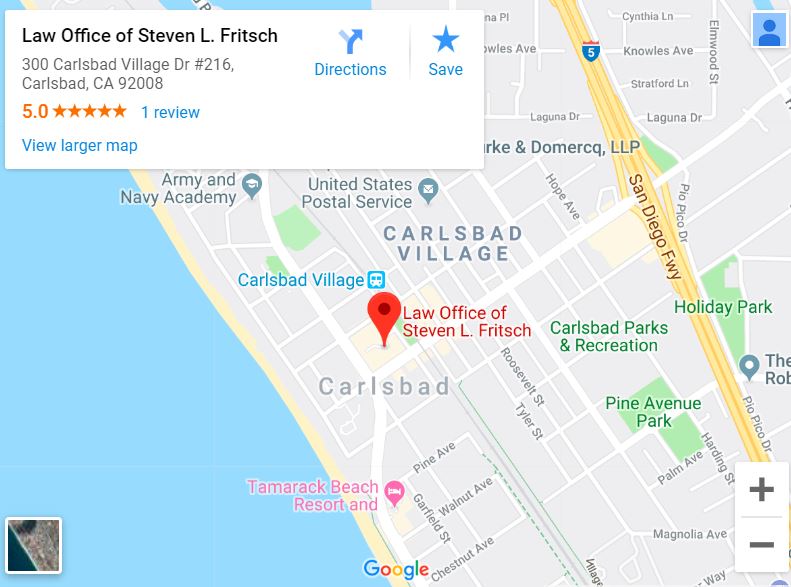One of the big issues in a divorce is the family home and what is going to happen to it and who is going to live in it. The family home is really a two part issue. The first part is what is to be done during the divorce proceedings and the second part is what happens to the home after the divorce?
During the Divorce Proceedings

After the Divorce Is Final
Who should receive the home after the divorce is another decision that sometimes can be difficult? Maybe one party wants it but cannot afford it or maybe they both want it. There are really not many options regarding the home. Either the house is sold and the proceeds are divided or one party stays in the home, assumes the loan and buys out the other party’s interest if there is any equity. If the house is “underwater” meaning there is negative equity, the parties can short sale it or one party may want to take over all the payments. If one party wants the home but the other party is also on the loan, the common practice is for the party being awarded the home to attempt to refinance the home into his or her name alone. This sometimes can be done immediately or sometimes over a period of time.
One request that can be made is for a deferred sale of the home. This can be made for either the benefit of children or for a property division purpose. If it is made for the benefit of children, it is governed under Family Code 3800 et seq. These requests used to be called “Duke Orders” named after Marriage of Duke (1980) 101 CA3d 152. When determining whether to grant a deferred sale under Family Code 3800 et seq, the court first must determine if it is economically feasible to maintain the payments and in doing so must look at the resident parent’s income, the availability of spousal support, child support or both and any other sources of funds available to make the payments. Once the court determines it is economically feasible it may grant the deferred sale if it is necessary to minimize the adverse impact of the divorce on the child. In exercising is discretion to grant or deny, the court must look at:
- The length of time the child has been in the home
- The child’s placement or grade in school
- The accessibility and convenience of the home the child’s school and other facilities such as child care
- Whether the home has been changed to accommodate the physical disabilities of the child or parent
- The emotional detriment to the child if the residence is changed
- If the home’s location allows the resident parent to continue employment
- The financial ability of each party to obtain suitable housing
- Tax consequences
- The economic detriment to the nonresident parent if the request is granted
- Other factors
When reading the above factors it may seem that getting a “deferred sale” order may be relatively easy if the above factors are met. However, it seems that courts are not granting these requests very frequently. As such, I would have a “Plan B”. If the deferred sale is for a property division purpose, the FC 3800 et seq factors do not apply but rather the sale date is based upon the terms of the court order and no modification may be obtained.
Spouses can always agree on a deferred sale or how the house will be divided but this should be given extreme thought before agreed upon. Some things to think about are 1) are you on the loan and how long will it take your spouse to remove your name from the loan, 2) will the other spouse make the payments, 3) will the other spouse maintain the house, and 4) when will the house be sold and if it is how will the proceeds be divided.
DISCLAIMER: The above article is written for informational and educational use only and is no way intended to be legal advice in any way. If legal advice is needed, an attorney should be consulted.
